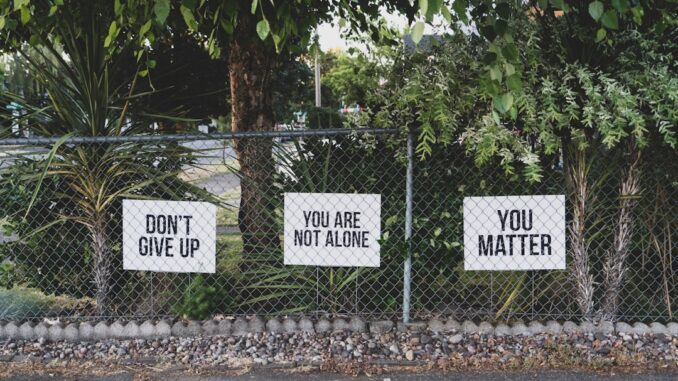
Summary
This article provides a guide for families navigating the complexities of addiction and recovery. It offers practical steps, resources, and insights to help rebuild trust, strengthen bonds, and foster lasting connections. The journey requires effort, understanding, and a commitment to healing together.
** Main Story**
Rebuilding family ties after addiction can feel like navigating a minefield. Addiction doesn’t just impact the individual; it ripples through the entire family, leaving a wake of broken trust, strained communication, and emotional wounds. However, healing and reconnection are possible with conscious effort and the right resources. This article offers a roadmap for families seeking to rebuild their relationships and create a stronger, healthier future.
Step 1: Acknowledge and Accept
The first step towards healing is acknowledging the impact of addiction on the family. Each member has likely experienced the situation differently, with varied emotions such as anger, resentment, guilt, fear, and sadness. Creating a safe space for open and honest communication about these feelings is crucial. Avoid blame and judgment; instead, focus on understanding each other’s perspectives.
Step 2: Seek Professional Guidance
Family therapy provides a structured environment to address the underlying issues contributing to dysfunctional patterns. A therapist can help facilitate communication, rebuild trust, and develop healthy coping mechanisms. Individual counseling can also be beneficial for family members to process their emotions and develop self-care strategies.
Step 3: Educate Yourself About Addiction
Understanding addiction as a chronic illness, rather than a moral failing, is crucial. Educating yourself about the nature of addiction, its impact on the brain, and the recovery process can foster empathy and reduce stigma. Resources like the National Institute on Drug Abuse (NIDA) and the Substance Abuse and Mental Health Services Administration (SAMHSA) offer valuable information and support.
Step 4: Establish Healthy Boundaries
Setting healthy boundaries is essential for both the recovering individual and their family members. Boundaries protect individual well-being and encourage mutual respect. This may involve establishing rules around communication, finances, and living arrangements. Remember, enabling behaviors, while often well-intentioned, can hinder the recovery process.
Step 5: Practice Active Listening and Empathy
Effective communication is the cornerstone of rebuilding trust. Practice active listening, focusing on truly understanding what the other person is saying, rather than formulating your response. Empathy is key; try to see the situation from their perspective and validate their feelings.
Step 6: Engage in Shared Activities
Rebuilding connections involves creating positive shared experiences. Engage in activities that promote bonding and fun. This might include family meals, game nights, outings, or hobbies. The goal is to create positive memories and strengthen the sense of togetherness.
Step 7: Prioritize Self-Care
Recovery is a demanding process, and family members must prioritize their well-being. This includes engaging in activities that promote physical and emotional health, such as exercise, healthy eating, mindfulness practices, and hobbies. Seeking support from friends, support groups, or a therapist can also provide essential emotional support.
Step 8: Celebrate Small Victories
Recovery is a journey, not a destination. Celebrate milestones, no matter how small, to acknowledge progress and reinforce positive change. This can help maintain motivation and foster hope for the future.
Resources for Families:
- Al-Anon/Alateen: Support groups for families and friends of individuals with alcohol problems.
- Nar-Anon: Support groups for families and friends of individuals with drug problems.
- Families Anonymous: For families affected by addiction or related behavioral problems.
- SMART Recovery Family & Friends: Meetings and online resources for families.
- SAMHSA National Helpline: 1-800-662-HELP (4357)
Rebuilding family ties after addiction requires patience, commitment, and a willingness to work together. By following these steps and utilizing available resources, families can navigate the challenges of recovery and create a future filled with hope, healing, and stronger connections. Remember, as of today, June 28, 2025, this information is up-to-date and can assist you in finding the appropriate support. However, the availability and specifics of resources may change over time.


Be the first to comment